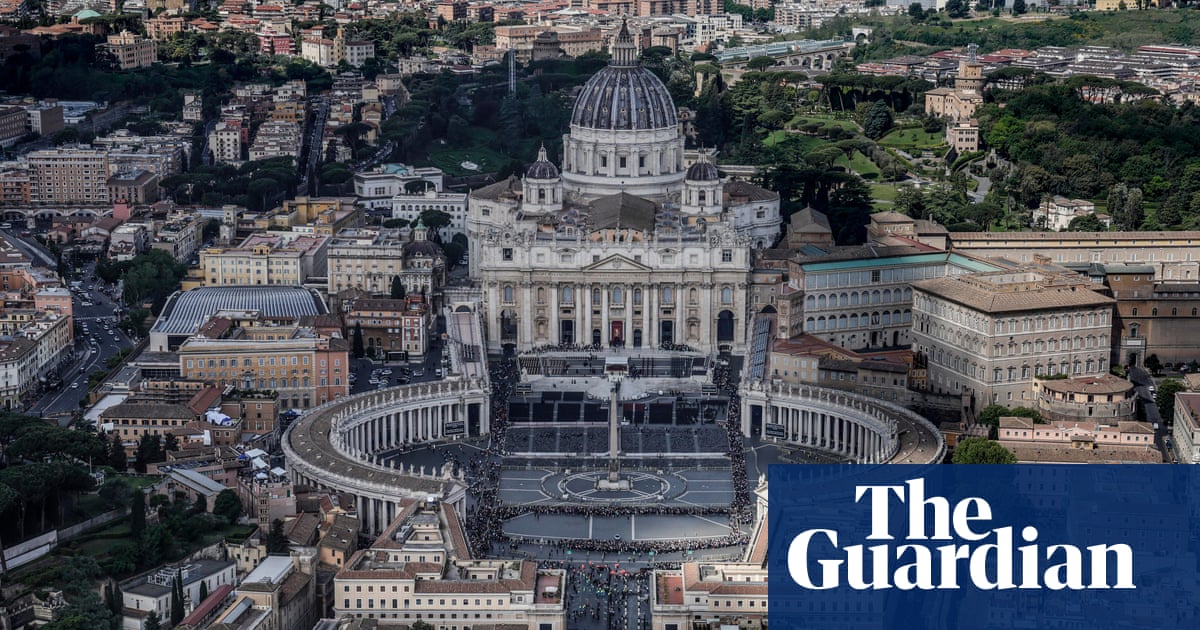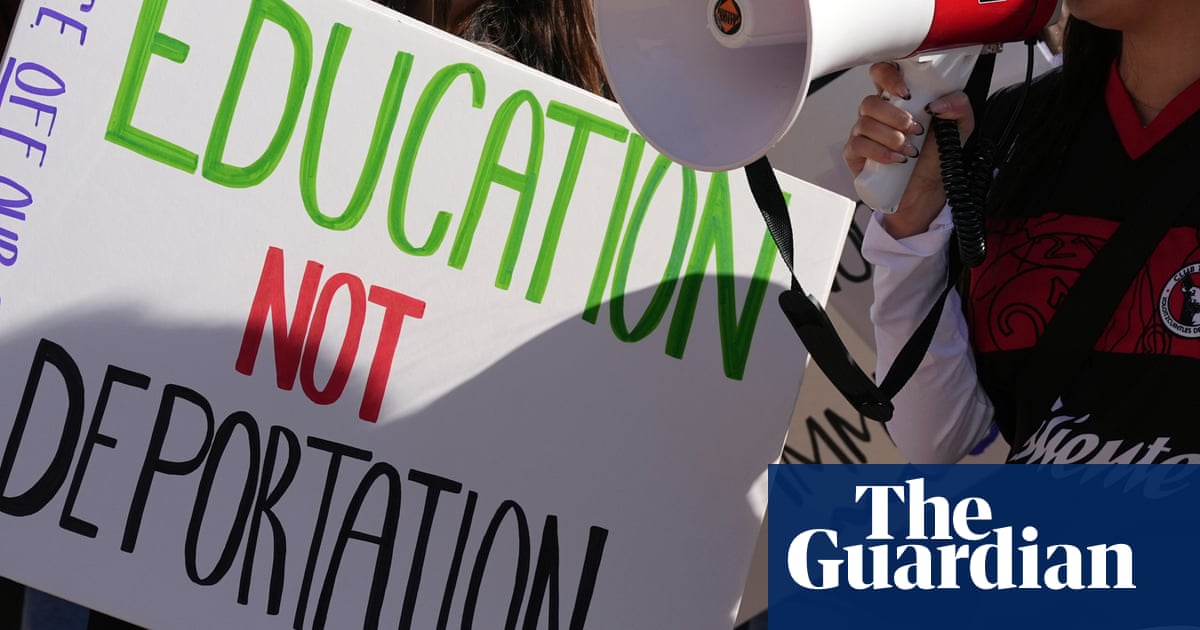When news of the ceasefire and hostage-release deal between Israel and Hamas first broke on Wednesday, a friend offered the kind hope that now, at last, there could be a sense of joy. I wanted very much to feel that way but, at that moment, I could not – and here’s why.
For one thing, a mere announcement did not seem enough. When it comes to the Middle East, “believe it when you see it” tends to be a good operating principle. Sure enough, there followed 48 hours of hitches and last-minute delays and even now, as I write this and after the Israeli security cabinet approved the deal, it seems like tempting fate to assume everything will run smoothly.
But if the guns do fall silent and the first hostages are freed on Sunday as agreed, the anxiety will still not be gone. For this is a phased deal, which means it could fall apart at any moment. The plan is for Hamas to release 33 of the captives it or its allies have held since 7 October 2023 over a period of seven weeks, mostly in groups of three or four every seven days. That means everything has to go right from now until early March. During those week-long interludes, there can be no violations of the agreement, real or alleged, no incidents that send one of the two sides into a fury that leads them to say the deal is off. It is perilously fragile.
And, remember, this is just the first stage. Discussion of the next phase, which is meant to bring the return of the remaining hostages and the withdrawal of Israeli forces from Gaza, will not even begin until 16 days after the agreement has been signed. Maybe the pressure on Israel and Hamas that pushed them this far will hold; maybe the momentum of the first period, as Israeli families are reunited with loved ones and Palestinians are allowed to return to northern Gaza, will be too strong to hold back. But “maybe” is all we have.
Even if everything goes to plan, joy will not be undiluted. Those Palestinians heading north will be returning only to what remains of their homes. Fifteen months of Israeli bombs have left Gaza flattened, huge swathes of the territory turned to rubble. Aid organisations are warning that there could be a “war for shelter”, as returning refugees compete with each other for a place to live. All this when so much of the water, sanitation and health infrastructure has been destroyed – and in midwinter too.
As for the hostages, don’t count on a rerun of the previous, and only, release that came in late 2023. Those due to be freed now have been held nine times as long; it’s thought some have not seen daylight in a year. Many will be ill, and you can only guess at their psychological state. Some will be dead, their families only learning in the next few days whether they will be receiving a body rather than a son or daughter, husband or wife.
But, for me, the chief barrier to joy has been anger. Because there was no need for this deal to take so long. It could have been done so much earlier.
Hamas could have released all the hostages, unconditionally, at any point. That would have made Israel’s continued prosecution of the war untenable in the eyes of many of its allies and much of its own public. But even without that move, an agreement has been possible for at least eight months, if not longer.
For it was back in May that Joe Biden unveiled a plan that looked uncannily like the one agreed just now, even in its specifics. No wonder the outgoing president said, as he announced the latest breakthrough: “This is the ceasefire agreement I introduced last spring.” At the time, Israel’s prime minister, Benjamin Netanyahu, was described as not only a backer of the proposal, but as the author of its key elements.
And yet within weeks, Netanyahu had renounced his own plan, inventing new, supposedly sacred, red lines that could not possibly be crossed. He did that because his far-right coalition partners, the ultranationalists Itamar Ben-Gvir and Bezalel Smotrich, threatened to walk out of his coalition and bring down his government if he signed any such accord.
This is not speculation. This week, Ben-Gvir boasted that he had used his political power “to prevent this deal from going ahead, time after time”. To the fanatics of the far right, it is a cause of pride, not shame, that they kept this war going, in pursuit of their dream of re-establishing Jewish settlements in the Gaza Strip.
Netanyahu buckled to their demands because he needed their votes to stay in the prime minister’s chair, his only guarantee of keeping out of jail as he faces an ongoing trial on multiple corruption charges. He has defied the zealots now – and rubbed out all those purported red lines – only because he confronted a threat he feared even more, namely the rage of Donald Trump, who warned that he would unleash “hell” if a deal was not done before he takes the oath of office on Monday.
Just think on what all this means. The Palestinian death toll in May stood at roughly 36,000, and now it is closer to 47,000. (Israel disputes that figure, while a new Lancet study suggests it could be much higher still.) In other words, 11,000 people are dead who would be alive, had the deal that was, in essence, on the table eight months ago been agreed then rather than now.
Neither Hamas nor Netanyahu cared about those people. That will shock no one. But Israelis should wonder about a leader who talks endlessly of his supposed patriotism and yet was happy to sacrifice the lives of the more than 122 Israeli soldiers killed since late May, to say nothing of the eight hostages known to have been killed in that period, two apparently by Israeli bombs and six murdered by Hamas. All of those deaths could have been avoided, if Netanyahu had signed the deal that he himself once approved. But he chose to put his own political survival first.
It’s easy to forget the perfectly evil storm that struck these two peoples 15 months ago, when two fronts converged. One was Hamas, led in Gaza by Yahya Sinwar, a cold-blooded fanatic who did not hesitate to mount an assault on Israeli civilians so sadistic in its violence that it was bound to bring catastrophe down on the heads of his own people. The other, an Israeli government in thrall to the ideological descendants of a fascist, Rabbi Meir Kahane, men whose disregard for Palestinian lives is matched by their readiness to discard any Jewish life that stands in the way of their dreams. Palestinians and Israelis have this in common: they are peoples cursed by leaders who bring them only misery.
So, yes, I know that I will shed tears when I see a hostage father reunited with his daughter or hear of a Palestinian family at last able to sleep a night without fear of a bomb falling from the sky. It will be a mix of relief, grief, sorrow and anger at the needlessness of it all. But joy? That is a distant wish.
-
Jonathan Freedland is a Guardian columnist

.png) 3 months ago
39
3 months ago
39













































